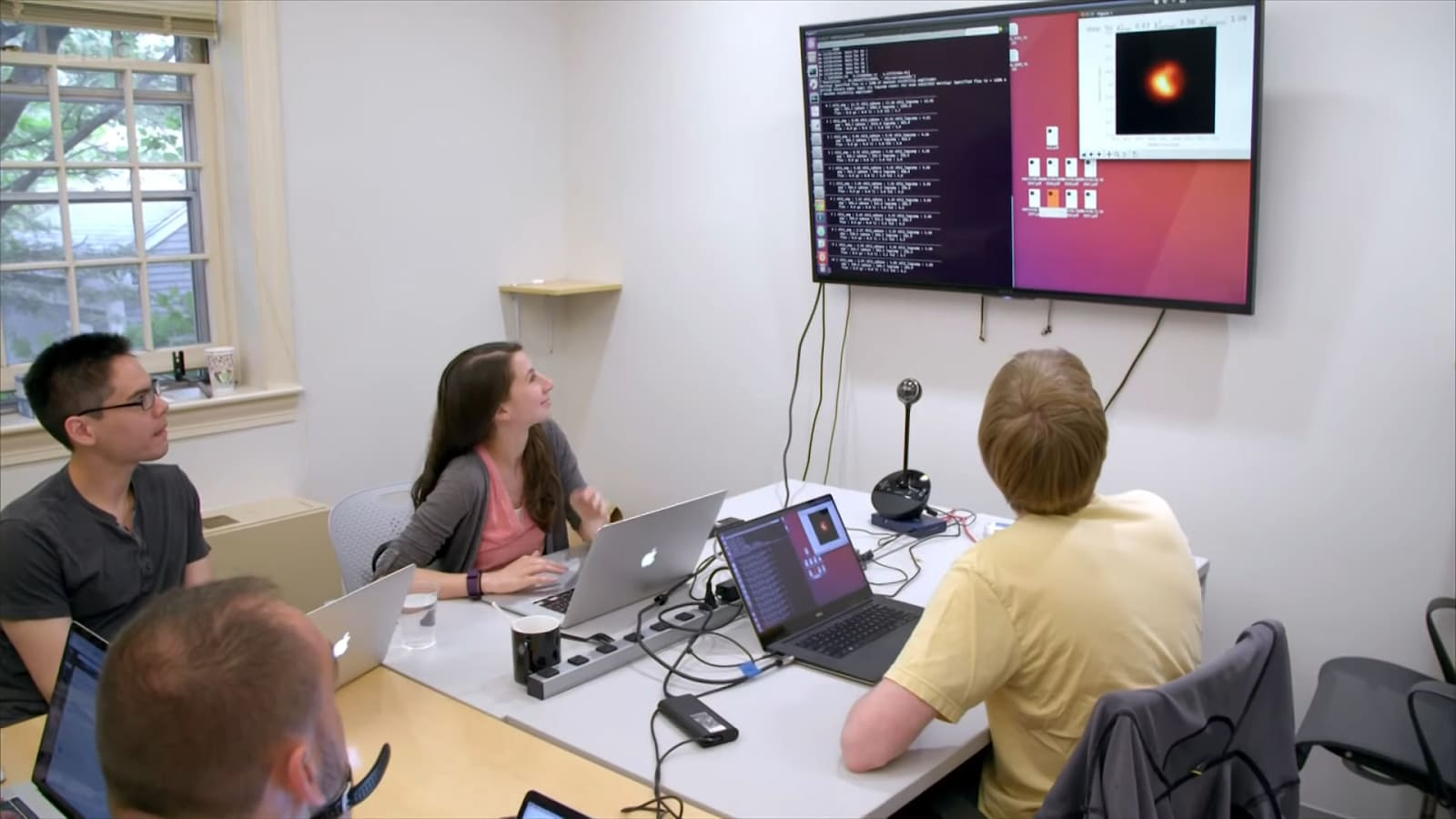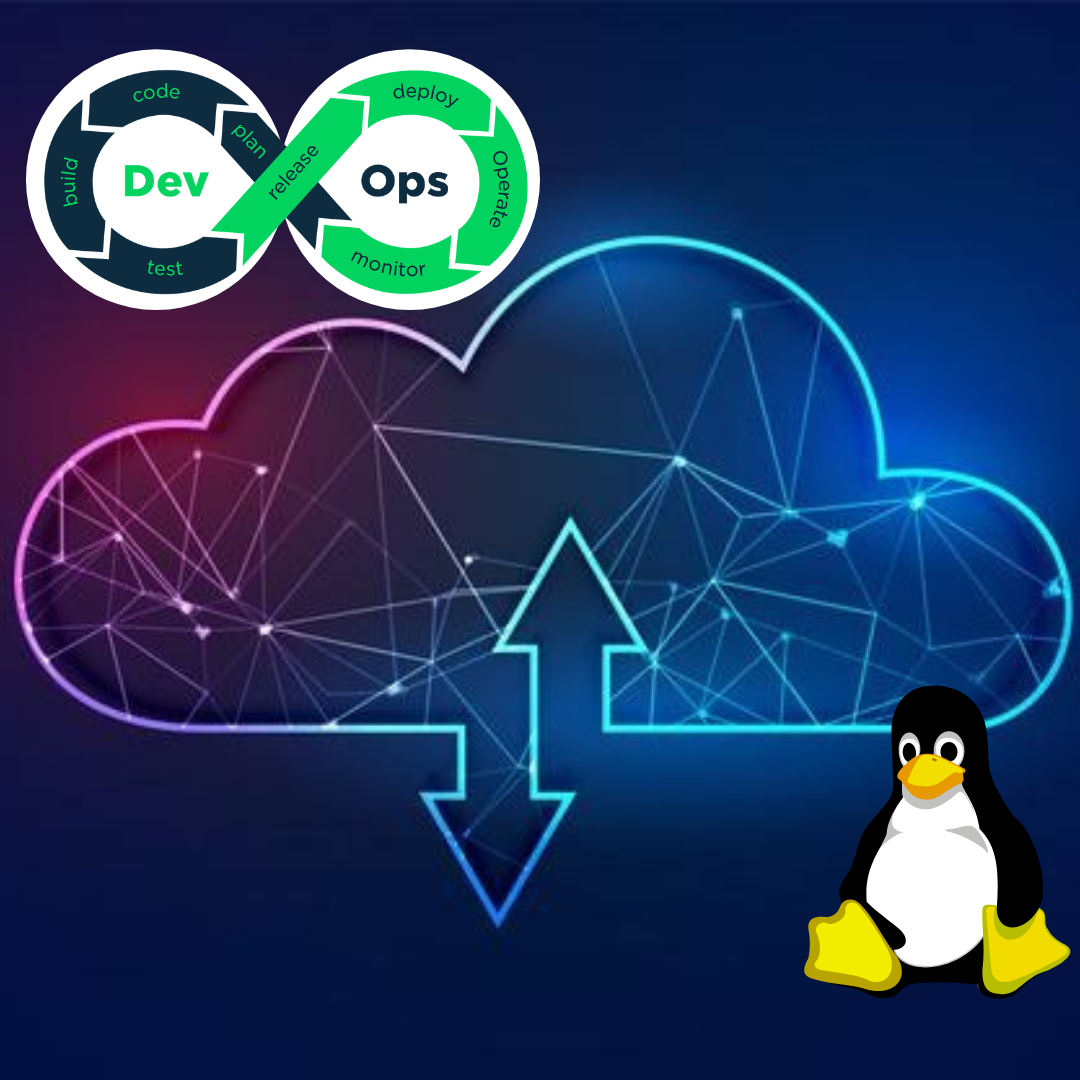Linux, an open-source operating system that has revolutionized the world of computing, continues to be a driving force in the tech industry. With its stability, flexibility, and security features, Linux has earned its place on servers, embedded systems, and even on the majority of smartphones through Android. But what’s in store for the future of Linux? In this blog post, we’ll explore the upcoming trends and innovations that will shape the future of this remarkable operating system.
The Foundation of Open Source
One of the cornerstones of Linux’s success is its open-source nature. As the open-source community continues to grow, Linux’s future looks brighter than ever. A thriving community means continuous improvements, security enhancements, and a more robust ecosystem. Collaborative development is a key trend in Linux’s future, and this open-source approach fosters innovation and drives the platform forward.
Kernel Development and Performance Optimization
The heart of the Linux operating system is its kernel, and its development remains a crucial aspect of Linux’s future. Kernel developers are constantly working to improve performance, security, and support for new hardware. The Linux kernel is expected to evolve to accommodate advancements in hardware and software technologies, ensuring Linux remains a top choice for various applications, from IoT devices to cloud computing.
Containerization and Cloud Native Technologies
Containerization is rapidly becoming a fundamental technology in modern IT infrastructure. Linux’s compatibility with containerization platforms like Docker and Kubernetes is a significant factor in its continued growth. As more organizations adopt containerization and cloud-native technologies, Linux’s role in this ecosystem is set to expand. This trend will lead to better resource utilization, faster deployment, and more scalable applications.
Security Innovations and Hardening
The future of Linux will see a heightened focus on security. As cyber threats evolve, Linux will continue to adapt and implement innovative security features. Technologies like sandboxing, seccomp, and improvements in user access control will further enhance Linux’s reputation as a secure operating system. With a strong security posture, Linux will remain a robust choice for businesses and individuals alike.
The Rise of Linux on Mobile
While Linux has a strong presence on servers and desktops, its role in the mobile ecosystem is also worth noting. Android, based on the Linux kernel, has dominated the smartphone market. The future may bring even more integration between Linux and mobile devices. With the development of mobile-friendly Linux distributions and applications, the open-source operating system could extend its reach into this space further.
Edge Computing and IoT
Edge computing and the Internet of Things (IoT) are fast-growing domains in the tech world. Linux, with its lightweight and customizable nature, is well-suited for these applications. The future of Linux includes more tailored distributions and solutions for edge computing and IoT devices. These Linux-based systems will power smart homes, industrial automation, and autonomous vehicles, among other things.
Desktop Environments and User Experience
For many, the Linux desktop experience has improved significantly in recent years. Innovations in desktop environments like GNOME, KDE, and others have made Linux more user-friendly. The future holds further enhancements, making Linux desktop environments more appealing to a broader user base. A seamless and intuitive user experience will encourage more people to switch to Linux as their daily driver.
Quantum Computing and Linux
The advent of quantum computing is one of the most exciting developments in the tech world. Linux is poised to be at the forefront of quantum computing, offering support for quantum programming languages and tools. With Linux as the foundation, quantum computing could become more accessible to researchers and developers, potentially unlocking groundbreaking solutions to complex problems.
Sustainability and Green Computing
Sustainability is a growing concern in the tech industry. Linux’s lightweight and energy-efficient nature make it an excellent choice for eco-friendly computing. The future will likely see an increased adoption of Linux in data centers and supercomputers, reducing energy consumption and carbon footprints. This aligns with the global shift towards green computing practices.
Conclusion
The future of Linux is undeniably promising. As open-source collaboration thrives, kernel development continues, and Linux plays an integral role in cutting-edge technologies like containerization, security, and quantum computing. Whether on servers, mobile devices, or at the edge, Linux remains a versatile and adaptable operating system. With a focus on sustainability and user experience, it’s clear that Linux is here to stay and will continue to shape the technology landscape for years to come. Embrace the future of Linux and be a part of the exciting journey ahead.






